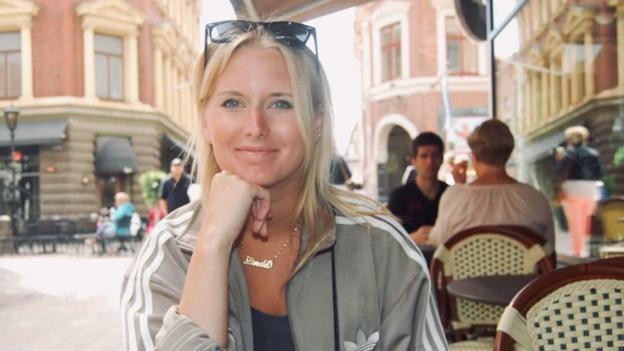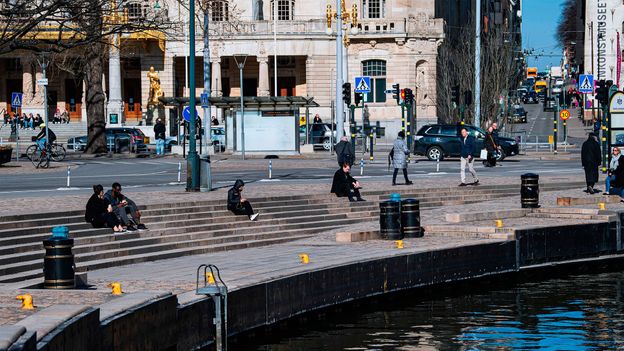The start-up worker has been advised not to leave Sweden during her appeal, since she might face problems if she returns without valid paperwork. This means she’s unable to visit relatives over the Christmas break. “It’s pretty depressing because I cannot visit my family or my friends back home… and it’s been almost a year now,” she says.
Aniel Bhaga, a 34-year-old from Australia who most recently worked as a business developer for Swedish fashion brand H&M in Stockholm, lost a three-year legal battle to remain in the country in October, due to administrative errors made by previous start-ups he’d worked for.
“I built up a massive professional network, built up a really, really, good family-and-friends network here, I built my life,” he laments.
Bhaga is now living with his parents in Brisbane and freelancing while he launches a fresh application for a work permit to resume his job at H&M. Although he’s fed up with his situation, he believes he is “one of the lucky ones”, explaining that “there are a lot of people who are in tougher situations… who don’t have an easy or nice country to get back to” while they wait out the process.
A divisive issue
Sweden’s government has addressed the issue on a political level, but progress is slow. In January, an agreement signed between Prime Minister Stefan Löfven’s centre-left Social Democrat party, its coalition partner the Greens and two smaller centre-right parties promised to “solve the problem” of kompetensutvisning and floated plans for a new talent visa for highly qualified foreign workers, starting in 2021. Since then, however, few concrete details have been revealed and Migration Minister Morgan Johansson declined to be interviewed for this article.













